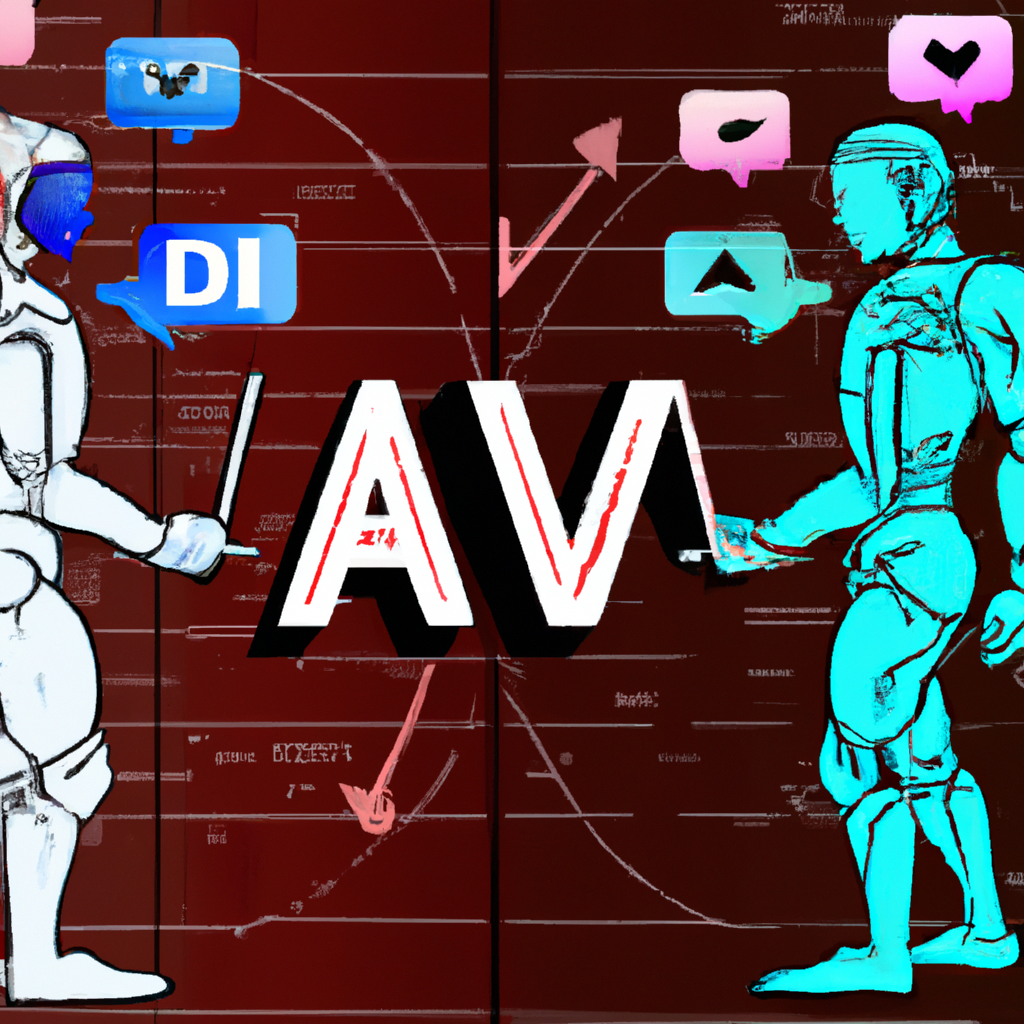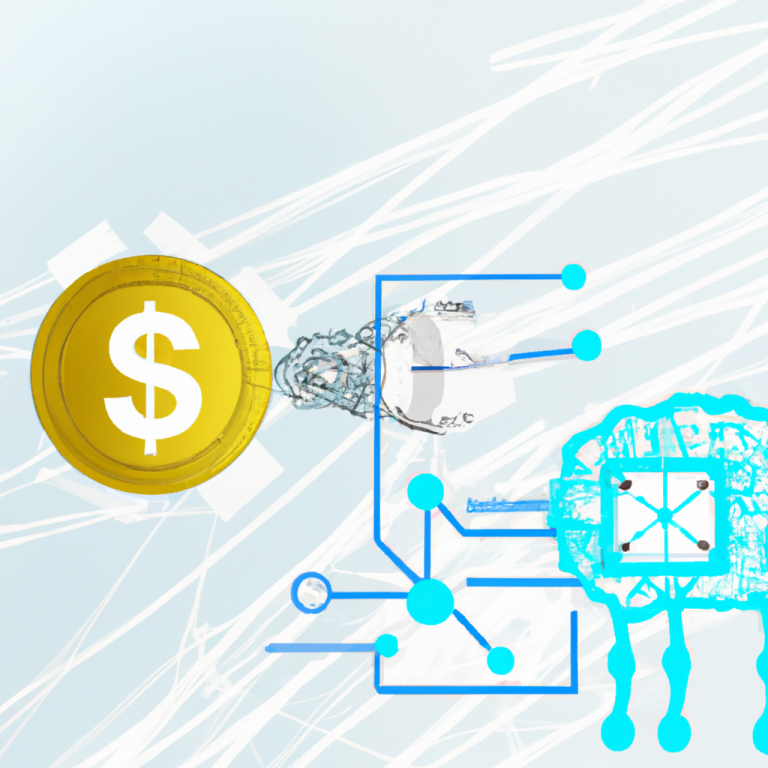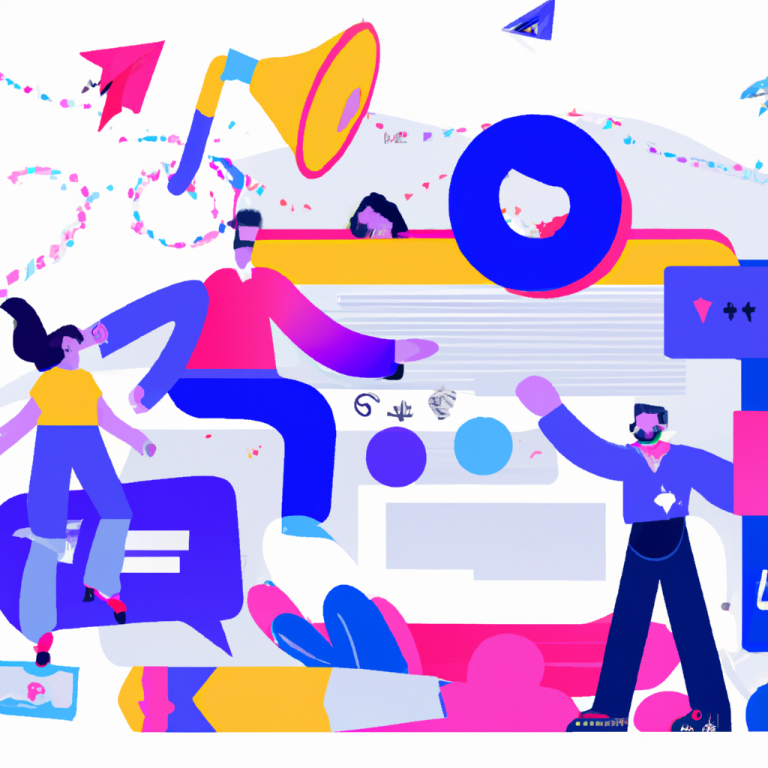AI is defined as the simulation of human intelligence processes by machines, especially computer systems. It is designed to perform tasks that would require human intelligence to accomplish, such as learning, reasoning, perception, and decision-making. In the context of digital marketing, AI can analyze data and provide insights that can help marketers make better decisions.
AI-powered tools such as chatbots, voice assistants, and recommendation engines have become increasingly popular in recent years. These tools can help improve customer experience, foster engagement, and increase revenue. They can also automate mundane tasks, reducing workload for marketers and improving efficiency.
On the other hand, human digital marketers have the advantage of understanding the nuances of human behavior and emotions. They can tailor content and strategies to specific audiences and can create campaigns that resonate with them on a personal level. Human marketers also understand the complexities of branding and creating a unique voice for a company. They can create campaigns that are more than just sales pitches, but can also touch on social issues and spark conversations.
In addition, human marketers have the ability to adapt and learn from their mistakes. They can adjust campaigns based on customer feedback and can use creativity to come up with new and innovative ideas.
While AI has made great strides in recent years, it still has limitations. It cannot replace human intuition, creativity, and strategic thinking. AI is not capable of understanding the intricacies of human emotions and behavior. It can analyze data and provide insights, but it is up to human marketers to interpret the data and make decisions based on them.
Furthermore, AI-powered marketing tools require human oversight. They need to be trained and programmed by humans, and algorithms need to be adjusted and fine-tuned based on human feedback.
In conclusion, while AI has the potential to greatly improve digital marketing, it cannot replace human digital marketers. AI tools can automate tasks, provide insights, and improve efficiency, but they lack the human touch and creative thinking that can make a campaign truly exceptional. Digital marketers need to embrace AI and use it as a tool to improve their campaigns, but they still need to rely on their own skills and expertise to create the best possible campaigns.



